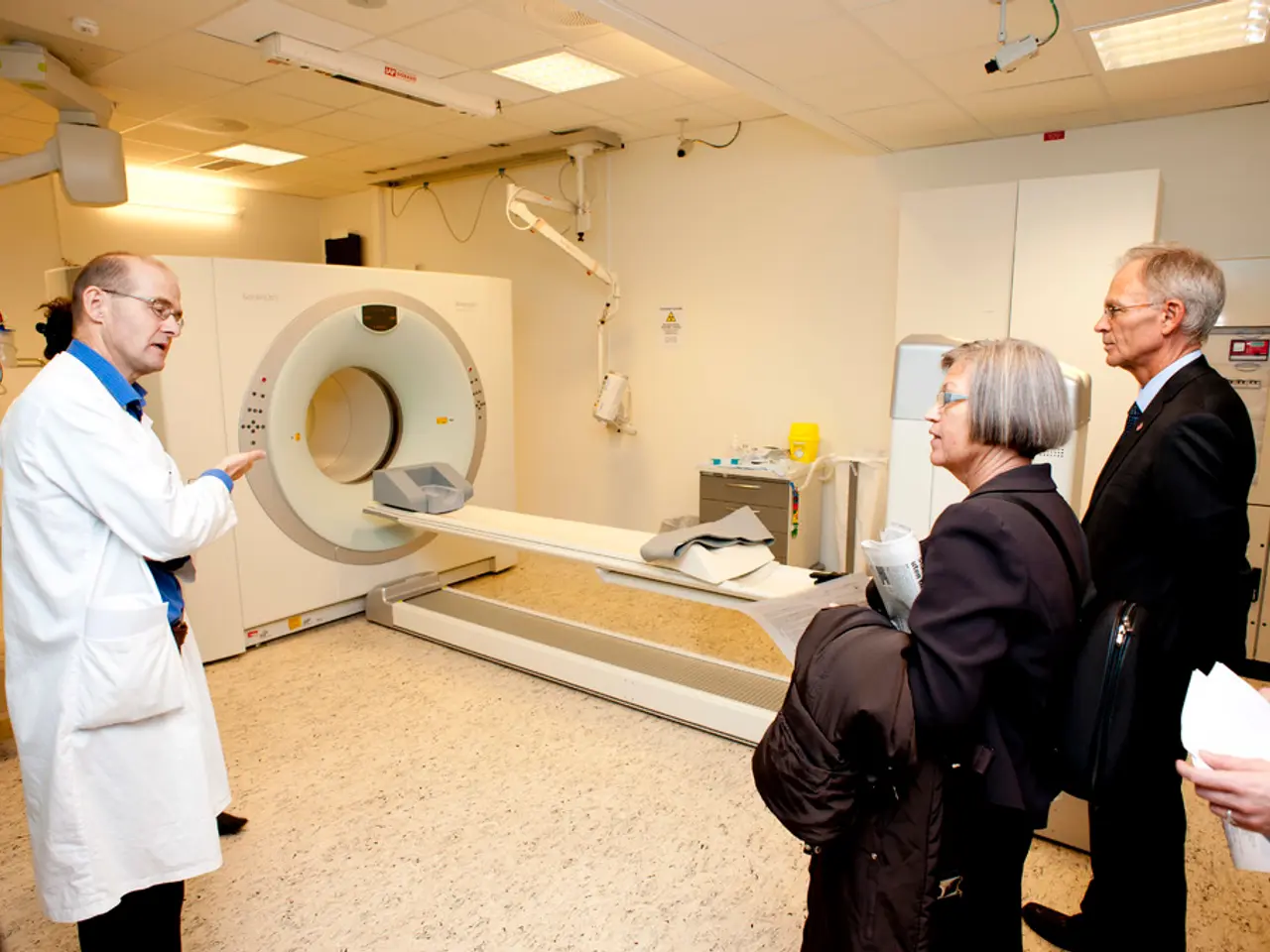Inquiries to pose to your healthcare professional concerning lung cancer
When faced with a lung cancer diagnosis, it's natural to have many questions. Here are some important aspects to consider as you work with your healthcare team to understand your diagnosis and plan treatment.
- Understanding the Type of Lung Cancer
Your healthcare provider will likely determine the type of lung cancer you have, whether it's non-small cell lung cancer (NSCLC) or small cell lung cancer (SCLC), and any subtypes if you have NSCLC such as adenocarcinoma, squamous cell carcinoma, or large cell carcinoma.
- Assessing the Lung Cancer Stage
The stage of your lung cancer, ranging from 0 to 4, helps indicate the extent of the disease, from very early/local to metastatic.
- Locating the Cancer
It's crucial to know exactly where the cancer is located in your lung.
- Determining if the Cancer Has Spread
Your healthcare team will assess whether the cancer has spread beyond the original site, considering local lymph node involvement and distant metastasis.
- Preparing for Further Tests
Before discussing treatment options, your healthcare provider may recommend additional imaging, biopsy, or molecular testing.
- Exploring Genetic and Molecular Testing
Your tumor may have specific gene mutations or changes, such as EGFR, ALK, or KRAS, which can impact targeted therapy choices.
- Seeking Advice from Specialists
Consulting with oncologists, thoracic surgeons, radiologists, and genetic counselors can provide valuable insights during treatment planning.
By answering these questions, you and your healthcare team can clarify your diagnosis details, guide treatment planning, and ensure all relevant information is considered to customize care effectively. However, there are several aspects not specified in the provided information, such as the treatment plan most doctors recommend, the timeline for deciding on a treatment, and what symptoms or side effects to watch for. It's essential to discuss these details with your healthcare provider to make informed decisions about your treatment and outlook.
- Considering Other Chronic Medical-Conditions
If you have other chronic diseases like chronic kidney disease, COPD, type-2 diabetes, or neurological disorders such as Alzheimer's disease, mental health issues, or neurological disorders, they could influence your cancer treatment and management.
- Maintaining Overall Health-and-Wellness
While dealing with lung cancer, it's crucial to focus on your overall health and wellness, including eye health, hearing, and skin conditions, by adhering to a healthy diet (nutrition), fitness-and-exercise routines, and mental health support.
- Managing Comorbidities
For those dealing with conditions like rheumatoid arthritis, psoriasis, or migraines, finding appropriate strategies to manage these comorbidities alongside your cancer treatment can help improve your quality of life.
- Preparing for Post-Treatment Life
Once treatment is complete, it's vital to prioritize recovery and long-term health by implementing lifestyle changes such as dietary adjustments, regular exercise, and stress management techniques to minimize risks and promote eye-health, hearing, and overall well-being.
- Utilizing Support Networks
Sharing your concerns with loved ones, support groups, or counselors can provide emotional support during challenging times in your cancer journey and help strengthen your mental health resilience.




